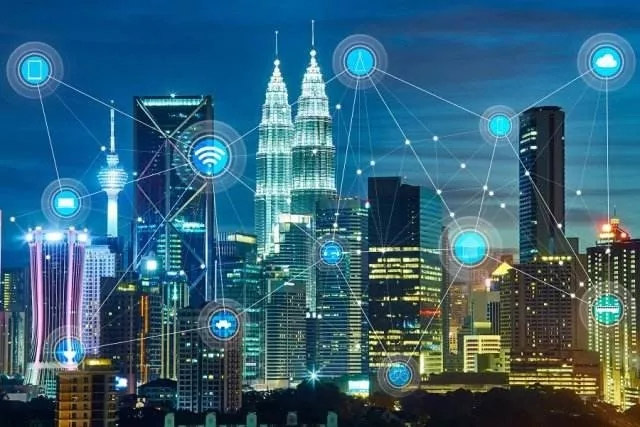Intelligent building is a vital element for the future city to become safe, intelligent and sustainable, and building owners can use and control their own energy use.

Intelligent building technology has helped thousands of buildings and families consume energy more effectively. This is mainly due to the world's leading innovative technology. For example, abb supports the construction of the headquarters of Shanghai New Development Bank (NDB) by installing intelligent integrated building control system to manage indoor lighting, electric curtains and windows involving more than 8000 control circuits. After installation, NBD headquarters can save more than 15% energy compared with traditional systems.
2021 marks a turning point in our collective ability to reduce urban emissions, save energy and accelerate the transition to renewable energy through smart buildings and power grids through the integration of AI and IOT.
With the continuous development of emerging technologies, buildings have more and more opportunities to use new technology processes and data sources. The idea of using technology to improve our cities and buildings is not a new concept, but the difference is that the Internet of things now allows us to connect more and more previously unconnected devices. Connectivity is indeed the key to unleashing the real potential of intelligent buildings. It releases the opportunity to analyze and combine new information from unlimited sources, thus providing a new level of intelligence.
But it's not just about using new technologies. Smart engineering thinking and the optimization of existing buildings are the key factors to accelerate the sustainable development of global smart cities. For example, abb works closely with urban and utility sectors to obtain higher efficiency from existing infrastructure and establish unified and attractive urban services, which is part of the move towards a smart city. With the help of Internet of things technology, old buildings can make full use of the data they generate and adjust their operation mode.
One city that has succeeded in doing so is Zaragoza, the capital of Aragon, Spain. The city strives to reduce the total energy consumption by 20%, focusing on the construction of four major smart engineering cities in Zaragoza: Seminario, which has a long history in Zaragoza, including city hall, main municipal office buildings, main police station and technology and Art Center. Advanced energy monitoring is provided through the cloud based energy management platform, so that these buildings comply with ISO 50001 standard. As a result, Zaragoza was able to achieve the first step of its compliance, and through cooperation, it saved up to 30% of its operating costs.
 97506075
97506075

Wechat QR code
